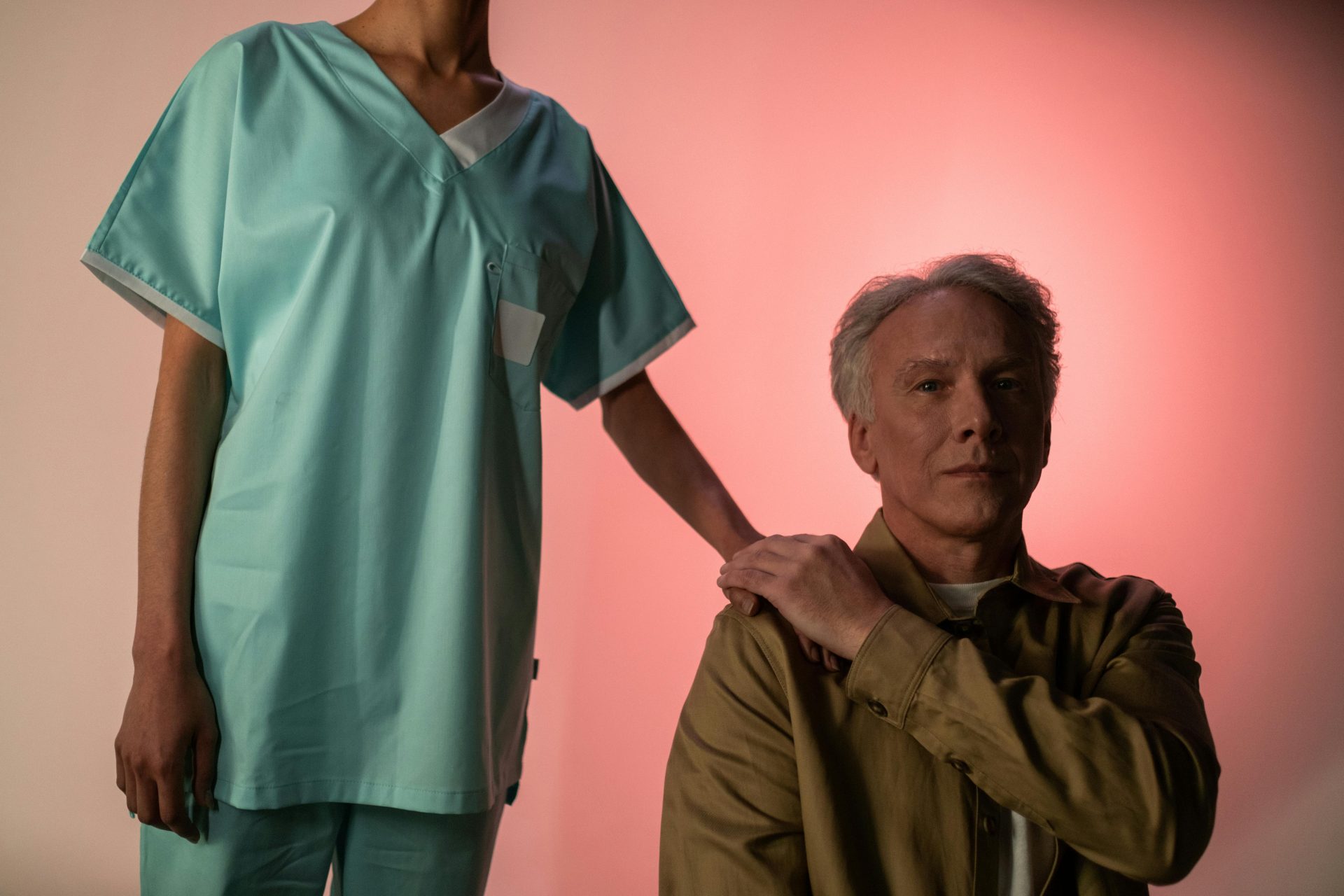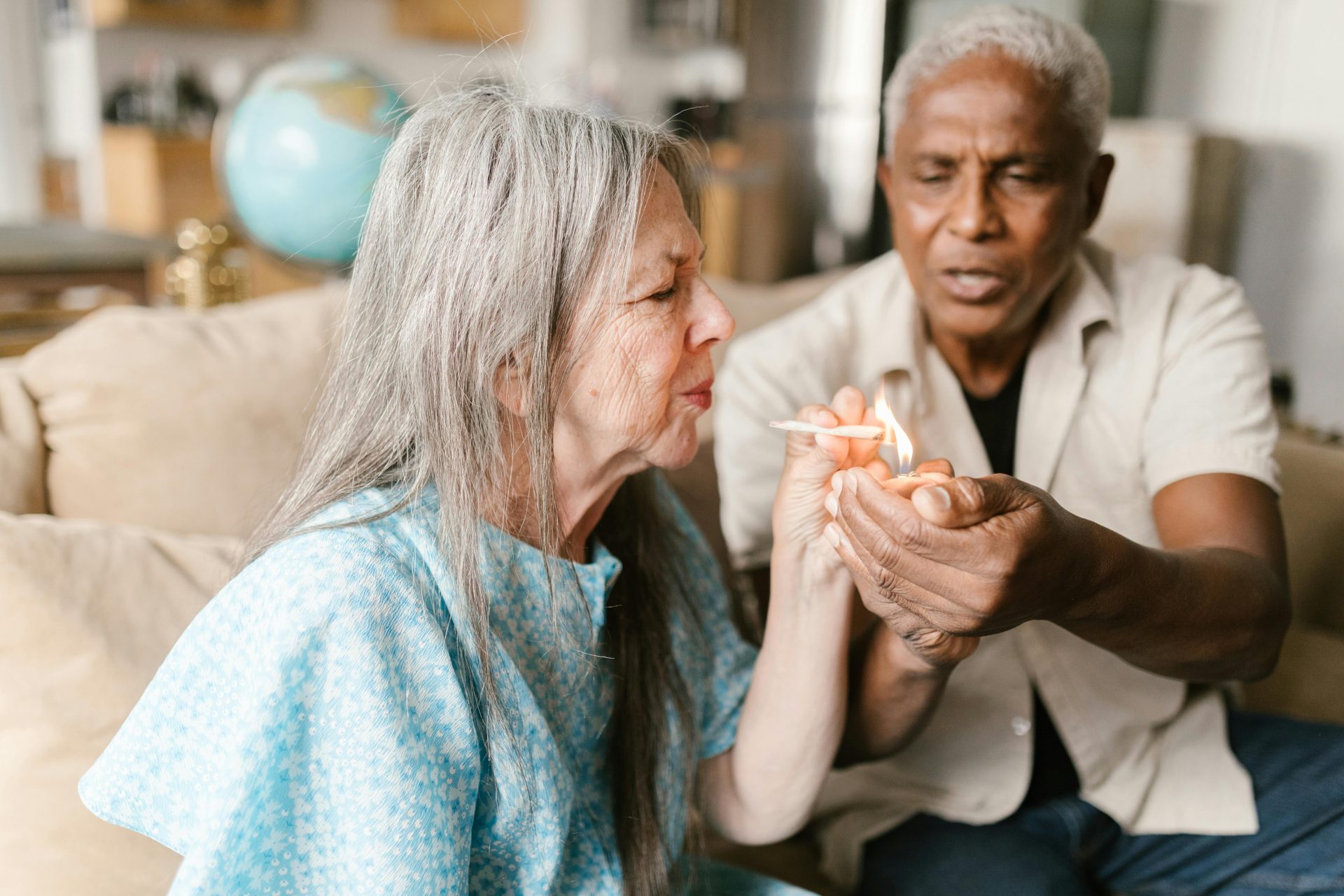As more states adopt medical marijuana programs, questions about caregiver rights and responsibilities become increasingly common. If you’re caring for an aging parent and want to help them manage their medical marijuana, understanding your role, rights, and limitations is essential. Let’s break down everything caregivers should know, from the initial steps to ongoing responsibilities.
What is a Cannabis Caregiver?
A cannabis caregiver is an individual authorized to assist a medical marijuana patient in obtaining and administering their medication. Caregivers play a critical role for those who cannot manage their medical cannabis needs independently, including elderly patients with mobility challenges, chronic illnesses, or cognitive impairments. Caregivers can be family members, friends, or hired professionals, and they must meet the criteria set by the state’s medical marijuana program to act in this capacity legally.
A caregiver’s responsibilities often extend beyond simply picking up medical marijuana. They may include understanding the patient’s treatment plan, administering the medication, and monitoring its effects. This role requires a clear commitment to the patient’s well-being and a solid understanding of local laws and regulations surrounding medical cannabis.
What Caregivers Need to Know About Medical Marijuana
Medical marijuana is still subject to strict regulations and varies widely between states. Caregivers must stay informed about these regulations to ensure they remain compliant and safeguard both themselves and the patient. Here’s what caregivers should prioritize:
Understanding State Laws
Caregivers must familiarize themselves with their state’s medical marijuana laws, as these dictate everything from the process for obtaining caregiver status to legal possession limits and the type of cannabis products that can be used.
Administering Cannabis Safely
The caregiver should be well-versed in how to administer cannabis to meet the patient’s specific needs, whether through tinctures, edibles, vaporizers, or other forms.
Recognizing Potential Side Effects
Knowing how to identify and address potential side effects is critical. Common effects include drowsiness, dry mouth, or dizziness. Caregivers should monitor their loved ones closely and communicate openly with the recommending physician.
Storage and Security
The proper storage of medical marijuana ensures it stays effective and safe from misuse. Cannabis should be stored in a secure, child-proof container in a cool, dark place to maintain its potency.
Should You Talk with Your Aging Parent About Medical Marijuana?
Discussing medical marijuana with an elderly parent can be sensitive, especially if they have preconceived notions about cannabis. However, many older adults are open to learning about new treatments that could improve their quality of life. When initiating the conversation, keep these points in mind:
Approach with Empathy
Understand their concerns or hesitations. Be prepared to share educational resources and reputable studies to ease their worries.
Focus on Health Benefits
Emphasize the potential advantages, such as pain relief, improved sleep, and reduced anxiety. Tailor the conversation to their specific health conditions.
Involve Healthcare Providers
Encourage them to speak with their doctor or a cannabis-trained medical professional to provide an expert perspective on how cannabis might benefit them.
How to Become a Medical Marijuana Caregiver
Becoming a medical marijuana caregiver involves a series of steps that vary by state but generally include these common elements:
Consult State Regulations
Every state has its own set of rules regarding caregiver eligibility. Typically, caregivers must be at least 18 or 21 years old and pass a background check. Check your state’s Department of Health or medical marijuana program website for specific guidelines.
Complete the Application Process
You’ll need to apply either online or through a paper submission. The process often requires providing personal information, a background check, and documentation that proves your connection to the patient.
Receive Your Caregiver ID Card
Once approved, caregivers receive an identification card that grants them the legal right to pick up and handle medical marijuana on behalf of the patient. This card must be renewed according to the schedule set by state law, typically every one to two years.
When is the Right Time for a Patient to Use Medical Marijuana?
Determining the right time to introduce medical marijuana into a patient’s treatment plan requires a well-considered approach that balances potential benefits with individual needs and health conditions. While medical cannabis has gained recognition for its therapeutic benefits, it is essential to assess when its use becomes an appropriate option. Here are some key factors to consider:
Severity of Symptoms
Medical cannabis is often considered when a patient experiences significant pain, discomfort, or other symptoms that traditional treatments have failed to address adequately. For conditions like chronic pain, severe arthritis, or neuropathy, medical marijuana may offer effective relief when other treatments have not.
Doctor’s Recommendation
A physician’s advice is essential for deciding when to start using medical marijuana. Medical professionals can evaluate the patient’s health profile, current medications, and potential benefits of cannabis to ensure it is a safe option. They can also provide guidance on appropriate dosages and methods of consumption tailored to the patient’s condition.
Quality of Life Considerations
Medical cannabis can make a significant difference in managing issues such as chronic pain, anxiety, or sleep disturbances, especially for elderly patients. If these issues are severely impacting the patient’s day-to-day life, medical marijuana might be a suitable addition to their treatment plan to improve their comfort and overall well-being.
Sensitivity and Tolerance
Older adults often have a different response to medications due to changes in metabolism and liver function. Starting with a low dose and gradually increasing as needed under medical supervision helps minimize side effects and allows the patient to become accustomed to cannabis treatment safely.
Monitoring and Adjustments
Introducing medical marijuana should include ongoing monitoring to assess its effectiveness and any side effects. Regular follow-up visits with a healthcare provider can help determine if dosage adjustments are necessary or if a different strain or method of consumption would be more beneficial.
By considering these factors and working closely with healthcare professionals, patients and caregivers can make informed decisions about incorporating medical marijuana into a comprehensive treatment plan. For those seeking assistance, Veriheal connects individuals with experienced medical experts who can guide them through the process and help tailor a cannabis treatment plan that meets their specific needs.
Frequently Asked Questions
Can a caregiver pick up medical marijuana in Florida?
Yes, a caregiver registered with the Florida Medical Marijuana Use Registry (OMMU) can legally purchase and pick up medical marijuana for their designated patient.
Can someone else pick up my medical marijuana in Florida?
Only registered caregivers can pick up medical marijuana for a patient. If you are not officially designated as a caregiver, you cannot legally purchase or transport cannabis for someone else.
Does marijuana have special risks for the elderly?
While medical marijuana can offer significant benefits to elderly patients, such as pain relief and improved sleep, it also comes with potential risks like dizziness or cognitive impairment. Consulting a medical professional to monitor dosage and response is essential.
How to Buy Medical Marijuana in Pennsylvania as a Caregiver
Caregivers in Pennsylvania must register through the state’s Medical Marijuana Program, complete a background check, and receive approval. Once certified, they can purchase medical marijuana for their patient at state-approved dispensaries.
How To Become a Medical Marijuana Caregiver in Ohio
In Ohio, caregivers must be registered through the Ohio Medical Marijuana Control Program (OMMCP). This process involves submitting an application, passing a background check, and linking your registration to your designated patient’s account.
What is a Marijuana Caregiver Allowed to Do?
A marijuana caregiver can legally obtain, transport, and administer medical marijuana to their designated patient. They must comply with all state laws regarding possession limits and product types.






